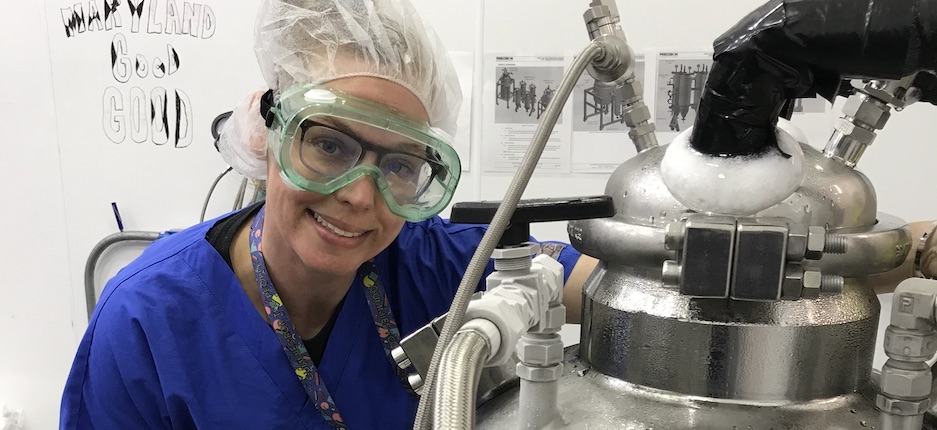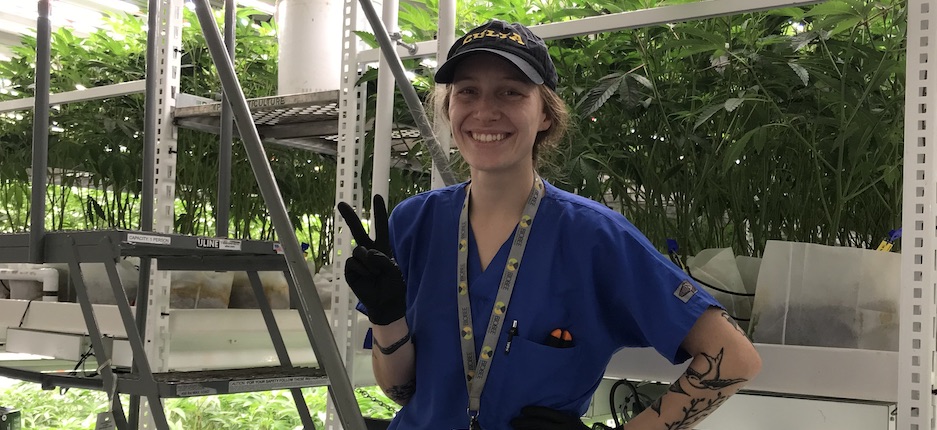On July 1, 2023, the state of Maryland legalized the recreational use of cannabis for individuals older than 21. Often referred to as “adult-use” legalization, the change was significant — in addition to allowing adults to possess and use cannabis legally, it also allowed for the cultivation of up to two plants at home and the ability to “gift” cannabis without monetary compensation.
So, one year into adult-use legalization, how has adult-use cannabis changed Maryland, and how has legalization impacted CULTA? Let’s take a look.
Increased tax revenue
Increased tax revenue is always one of the main selling points of cannabis legalization, so how has this panned out in Maryland? Pre-legalization, taxes were only applied to accessories and apparel, as medical patients did not pay taxes. Post-legalization, Maryland imposed a 9% sales tax on cannabis. Though this is one of the lowest tax rates in the country, the state still generated more than $40 million in cannabis tax revenue in the first nine months of legal adult-use sales.
So, where did this money go? As required by the Cannabis Reform Act of 2023, the revenue was distributed to the Community Reinvestment and Repair Fund (35%), a Cannabis Business Assistance Fund (5%), counties and municipalities (5%), and the Cannabis Public Health Fund (5%.) The rest goes into the General Fund.
Less taxpayer money spent on cannabis crimes
In addition to tax revenue, the state also benefits financially from less legal resources being dedicated to cannabis crimes. In 2010, Maryland spent $106 million enforcing cannabis possession laws. That number continued to grow and remained high from 2010-2014. In 2015, the first full year following decriminalization, cannabis-related arrests in Maryland dropped by 37%. Now that it’s legalized recreationally, the money that would have been spent on law enforcement, court proceedings, and imprisonment associated with cannabis use can now be put towards greater societal needs.
More social equity licenses
The general public has long suspected that minorities are being imprisoned for cannabis at a much higher rate than Caucasians, but the data is jarring. A 2020 analysis by the ACLU found that black people are 3.64 times more likely than white people to be arrested for cannabis possession, even though their usage is roughly the same. This inequity was not lost on Maryland regulators, and social equity was a major focal point of adult-use legalization in the state.
As of March 2024, Maryland regulators have awarded 174 social equity licenses from a pool of 1,515 eligible applications. The license recipients were randomly selected through a lottery and granted across 44 geographic pools, which varied based on population density. This summer, CULTA is assisting social equity licensees by offering them exclusive tours of our cultivation and lab in Cambridge, Maryland. As the premier cannabis cultivator in the state, our goal is to help them jump-start their businesses by offering a sneak peek at what we do.
Pardons for those incarcerated for cannabis
Another important change that adult-use legalization brought to Maryland is that thousands of incarcerated individuals were pardoned for their crimes and given a second chance. In June 2024, Maryland Governor Wes Moore announced pardons for 175,000 individuals convicted of crimes related to the possession of cannabis and cannabis paraphernalia, which falls in line with what governors in other states did post-legalization.
In Maryland, the pardon included everyone convicted of cannabis possession, which, as outlined above, were primarily African Americans (70%). Drug convictions can make it difficult to obtain housing, employment, and education. The pardons can have a very real impact on black communities throughout the state.
What’s next for Maryland (& the country)
So, what’s next for Maryland? In August 2023, just two months after adult use was legalized, lawmakers in Maryland were already discussing changes and improvements that could be made to future iterations of adult-use legislation. Among them? The issues of taxes and cannabis-related searches. Time will tell what comes of these discussions, but it’s important to note that as time goes on, the laws will change to reflect the current sentiment and progress.
Federally, the U.S. Justice Department is considering reclassifying cannabis as a Schedule III drug, alongside ketamine and some steroids, based on a recommendation from the DEA. The DEA’s proposal would recognize the medical use of cannabis and would officially acknowledge that it has less potential for abuse than other drugs. Though it wouldn’t legalize cannabis on a federal level, it would eliminate the Maryland tax code and allow for additional medical research.
The impact on CULTA
As you may have noticed, adult-use cannabis has been treating CULTA well. In June 2023, we acquired Kannavis and Greenhouse Wellness and recently rebranded them as CULTA Urbana in May and CULTA Columbia on July 8th. Since our inception in 2015, our focus has been on providing high-quality medicinal cannabis to our patients. Although our client base has expanded from medical patients to adults older than 21, our commitment to producing high-quality cannabis products has not wavered.




